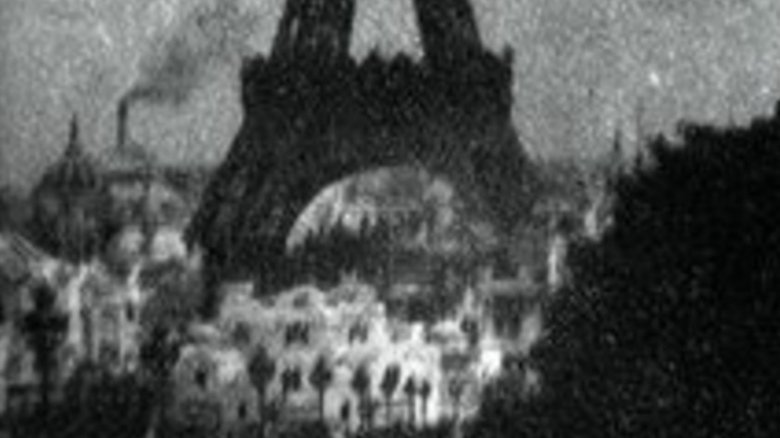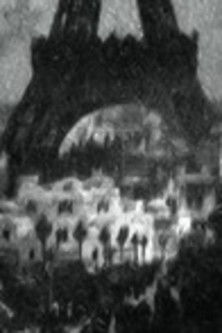Paris exposition films
Genres
Documentary
OverView
White’s camera offers several 360-degree pans of views of the fairground, then amazes by tilting up and down the Eiffel Tower, and concludes with a stunning tracking shot to the highest point above Paris. Exhibitors freely grouped films into nascent narratives such as those displayed here. - Bruce Posner
Others
Budget
$--
Revenue
$--
Status
Released
Original Language
Runtime
7 mins
Rating
0/10
Release Date
31 October 1900
Country

